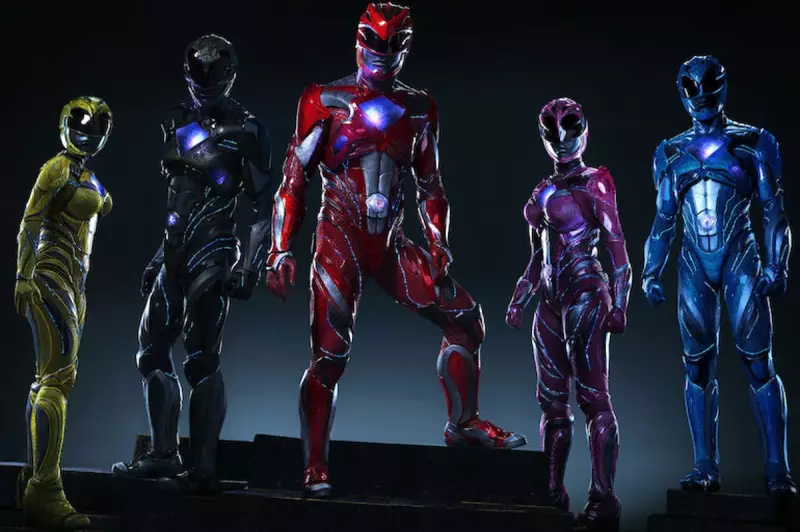
In a move that could mark the end of a television institution, Toei Company is reportedly considering cancelling the legendary Super Sentai series after an incredible 47-year run. This Japanese production served as the direct inspiration for the global Power Rangers phenomenon that captivated generations of British children.
The Birth of a Television Legacy
Since its debut in 1975 with 'Himitsu Sentai Gorenger,' Super Sentai has been a cornerstone of Japanese children's entertainment. The franchise's colourful costumes, giant robot battles, and team-based heroics became the template for what would eventually become Mighty Morphin Power Rangers in the 1990s.
American production company Saban Entertainment famously adapted footage from the 16th Super Sentai series 'Kyōryū Sentai Zyuranger' to create the Power Rangers franchise that would become a worldwide sensation. This clever production technique allowed for cost-effective creation of action sequences while filming new scenes with Western actors.
Changing Times for Television Titans
According to industry reports, declining television ratings and shifting audience preferences towards streaming platforms have prompted Toei to reconsider the future of the long-running series. The current season, 'Bōchū Sentai Donbrothers,' may potentially be the final entry in this historic franchise.
This development comes as Japanese television networks face increasing pressure from digital platforms and changing viewing habits among younger audiences. The traditional Sunday morning timeslot that Super Sentai has occupied for decades no longer commands the same audience numbers it once did.
A Global Cultural Impact
The potential cancellation represents more than just the end of a television show—it signals the closing of a chapter in global pop culture history. For British audiences who grew up with Power Rangers in the 1990s, the news may evoke strong nostalgia for the era of colourful spandex, megazord battles, and memorable villains.
Many fans remain hopeful that the franchise could continue in some form, whether through streaming revivals, film adaptations, or complete reboots. The enduring popularity of Power Rangers adaptations worldwide demonstrates that the core concept still resonates with new generations.
As television landscapes continue to evolve, the potential departure of Super Sentai serves as a poignant reminder of how entertainment consumption has transformed since the series first debuted nearly five decades ago.





